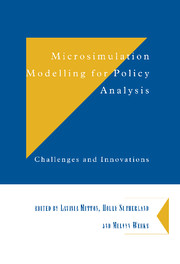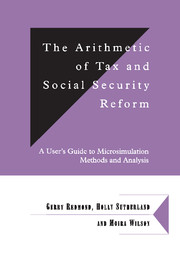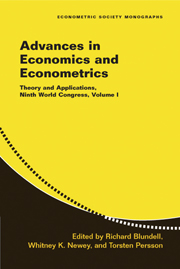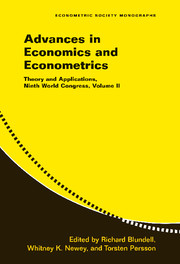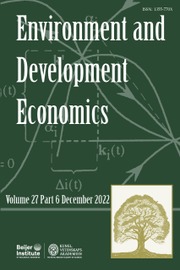Microsimulation Modelling for Policy Analysis
Modern policy problems require analysts to capture the interactions between policy and the complexities of economic and social life, as well as between policies of different types. Increasingly, microsimulation is employed to analyse these problems. This book brings together examples of microsimulation modelling that are at the frontiers of developments in the field, either because they extend the range of techniques available to modellers, or because they demonstrate new applications for established methods. It represents the state of the art with chapters on the use of microsimulation for comparative policy research and for challenging conventional assumptions, combining microsimulation with other types of economic models and the much-neglected subjects of model alignment and validation. Data and case studies are taken from regions including Asia-Pacific, Europe and North America.
- Major implications for government economists and civil servants
- Strong linkages to public and social policy questions
- Part of long running and prestigous series with one of world's best known economics departments
Product details
September 2000Hardback
9780521790062
354 pages
229 × 152 × 21 mm
0.64kg
58 tables
Available
Table of Contents
- 1. Introduction L. Mitton, H. Sutherland and M. Weeks
- Part I. New Directions for Microsimulation:
- 2. The unit of analysis in microsimulation models for personal income taxes
- fiscal unit or household? A. Decoster and G. Van Camp
- 3. Assessing the direct and indirect effects of social policy: integrating the input-output and tax microsimulation models at Statistics Canada G. Cameron and R. Ezzedin
- 4. A microsimulation analysis of the distribution of the indirect tax burden among Greek households G. Kaplanoglou
- 5. Can we do better comparative research using microsimulation models? Lessons from the Micro-Analysis of Pensions Systems K. Rake
- 6. Integrating output in EUROMOD: an assesment of the sensitivity of multi-country microsimulation results C. O'Donoghue, H. Sutherland and F. Utili
- 7. The impact of demographic and other changes on expenditure on pharmaceutical benefits in 2020 in Australia A. Walker, R. Percival and A. Harding
- 8. Public pensions in a dynamic microanalytic framework: the case of France C. Bonnet and R. Mahieu
- 9. Validation of longitudinal dynamic microsimulation models: experience with CORSIM and DYNACAM S. Caldwell and R. J. Morrison
- 10. Charging for care in later life: an exercise in dynamic microsimulation R. Hancock
- 11. Individual alignment and group processing: an application to migration processes in DYNACAN D. Chenard
- 12. Unemployment insurance and labour mobility: analysis using a new Swedish microsimulation model N. Swan
- 13. Joint labour supply of married couples: efficiency and distribution effects of tax and labour market reforms R. Aaberge, U. Colombino, S. Strom and T. Wennemo
- 14. Transition estimators in discrete choice models A. Duncan and M. Weeks.

